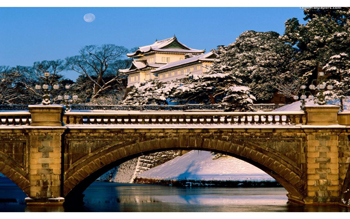Product Description
Japanese Showa Period ebonized cypress occasional table c. 1930


SHOWA PERIOD (1926-1989) Japan
Occasional table c.1930
Water-worn ebonized cypress with a prominent grain pattern on four splayed legs
H: 12 ½” x W 29” x L: 41 ½”
Japanese Showa Period ebonized cypress occasional table c. 1930
KEIZO KITAJIMA (1954-) Tokyo, Japan
“New York” 1982
Inscribed by the photographer in Japanese.
Published by Byakuya, Tokyo.
Dimensions:
Book: H: 12” x W: 8 5/8”
Custom leather box: H: 13 5/8” x W: 9 3/4” x D: 1 7/8”
Custom cloth case: H: 14 11/16” x W: 10 7/16” x D: 2 9/16”
These days, the Japanese photographer Keizo Kitajima, born in 1954, lives in Tokyo and specializes in urban photography. But in 1981, he spent about six months in New York, hanging out in New Wave clubs or roaming the streets, taking pictures — often by simply pointing and shooting. More than three dozen of these gritty black-and-white images form his robust New York gallery debut. The lush blacks of Mr. Kitajima’s images, which were initially published in a book and only recently printed, bring to mind his friend and mentor Daido Moriyama. But Mr. Kitajima’s aesthetic, at least here, is all about round edges and people who are anything but average. Some are hard-working immigrants whose faces loomed close to Mr. Kitajima’s lens as they hurried along the street. Others are celebrities (Mick Jagger) or soon-to-be celebrities (the young Madonna, when her face still had pores), drag queens or denizens of the Mudd Club or CBGB’s. Some are simply people waiting for something to happen, like the rogues’ gallery of five men behind a police barrier on Fifth Avenue.
